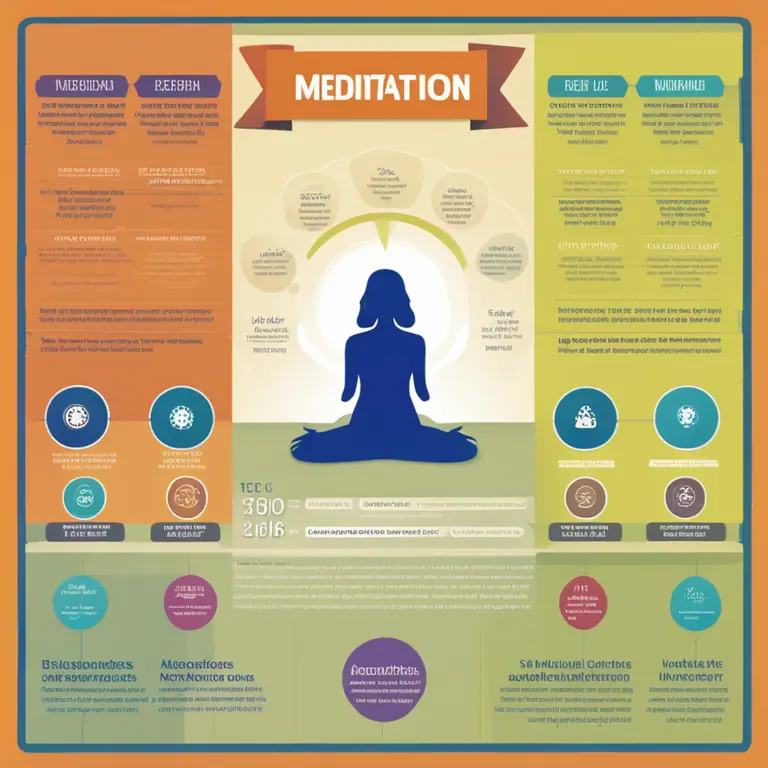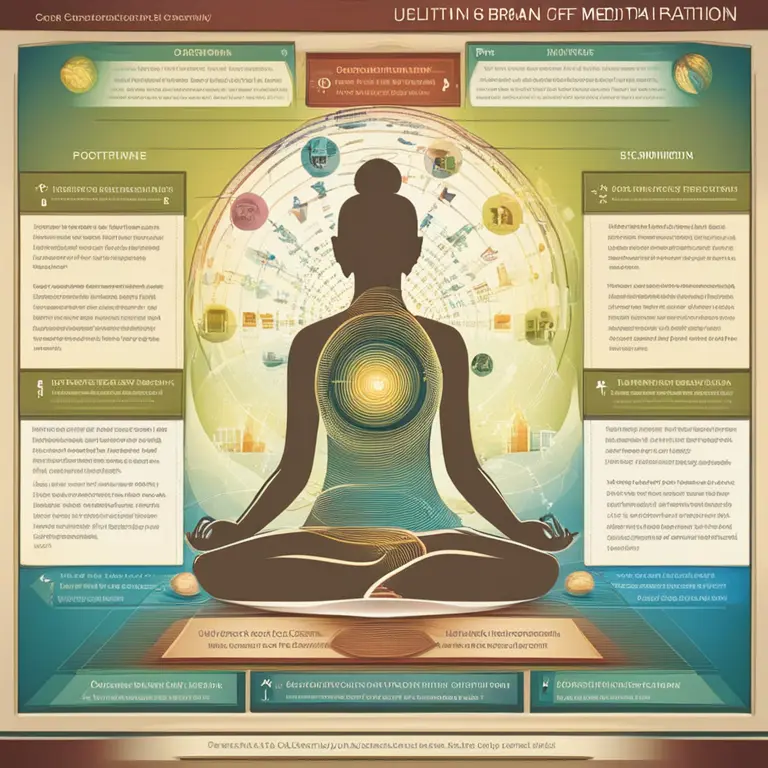
Best Meditation Practices for Cognitive Enhancement
Explore meditation techniques beneficial for brain health and cognitive function, tailored for the modern mind.
article by Hina Kurosawa
Meditating for Mental Clarity
Meditation has long been revered for its restorative effects on the mind and body. In recent years, scientific studies have validated what ancient traditions have always taught – that meditation can significantly improve cognitive functions. This has sparked interest in integrating meditation into daily routines for a sharper, more focused brain. Regular practice can enhance mental clarity, concentration, and memory recall, providing a solid foundation for a robust mental state as we navigate the increasingly complex demands of modern life.

Types of Meditation for Brain Health
There are several meditation techniques that are particularly effective for brain health. Mindfulness meditation encourages practitioners to remain focused on the present moment, which can improve attention span and reduce age-related cognitive decline. Studies suggest that long-term mindfulness can also increase grey matter density in the brain, associated with memory, emotion regulation, and empathy. Another approach, concentration meditation, involves focusing on a single point, which can help improve the brain's ability to maintain attention and reduce cognitive stress.

Combining Meditation and Brain Training
Cognitive meditation is a newer practice that combines traditional meditation with brain training exercises. This hybrid technique aims to enhance cognitive flexibility – the brain's ability to switch between thinking about two different concepts or to think about multiple concepts simultaneously. By utilizing meditation as a vehicle for brain training, practitioners can work toward a more agile and resilient mind, which is crucial in today's fast-paced world.

Research Findings on Meditation's Neural Impact
Research has shown that various forms of meditation can positively affect brain structure and function. For instance, practices like Kirtan Kriya, which combine chanting and repetitive finger movements, have been linked to improved cognitive function in older adults. Likewise, loving-kindness meditation, which focuses on cultivating feelings of compassion and well-being for oneself and others, has been found to increase positive social emotions and reduce symptoms of anxiety and depression.
Choosing the Right Meditation for You
Selecting the right meditation practice is a personal journey and depends largely on individual preferences and goals. It is important to experiment with different types of meditation to discover which resonates best with you. Consistency is key; even short daily sessions can lead to profound changes over time. Whether you prefer guided meditations, silent sitting, walking meditation, or mantra-based practices, the crucial aspect is to start and maintain a routine that supports your brain health.
Integrating Meditation into a Busy Lifestyle
In today's hectic world, finding time for meditation can be challenging, but it is possible to integrate brief sessions into even the busiest schedule. Research suggests that even short periods of meditation can yield significant benefits. Techniques such as the 'one-minute breath' or 'desktop mindfulness' can fit seamlessly into your daily life, enhancing brain function without requiring large time commitments. The key is to make meditation a habit, much like brushing your teeth or having breakfast.
Published: 1/14/2024
Modified: 1/15/2024
More predictions
Come back here soon to learn more about yourself and your future


Calming the Storm: Mindfulness Meditation for Anger
Discover how mindfulness meditation can be a powerful tool for anger management, promoting inner peace and emotional balance.


Mindfulness & Meditation: A Guide for High Schoolers
Discover the benefits of mindfulness meditation tailored for the hectic life of high school students, and learn simple strategies to incorporate it into the daily routine.


Discovering Life with Meditation Mantras
Delve into the transformative power of meditation mantras to harmonize your mind, body, and spirit for a tranquil existence.